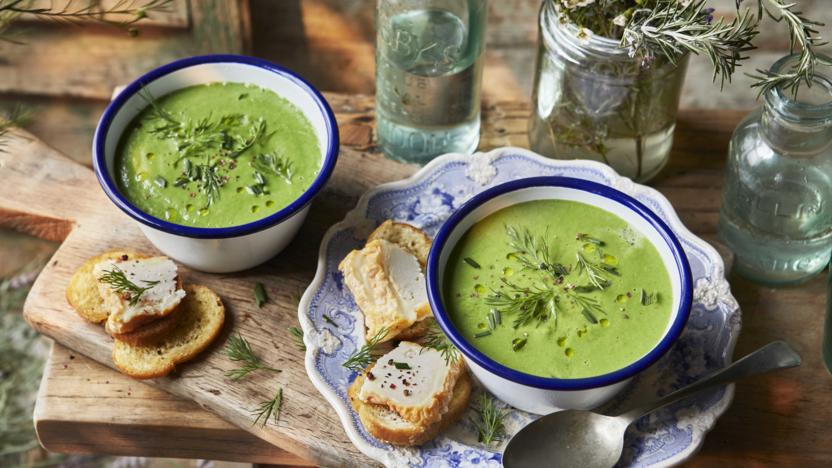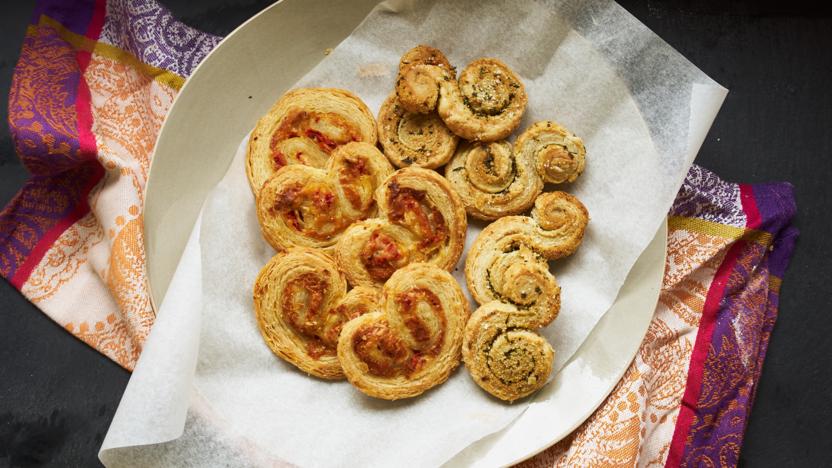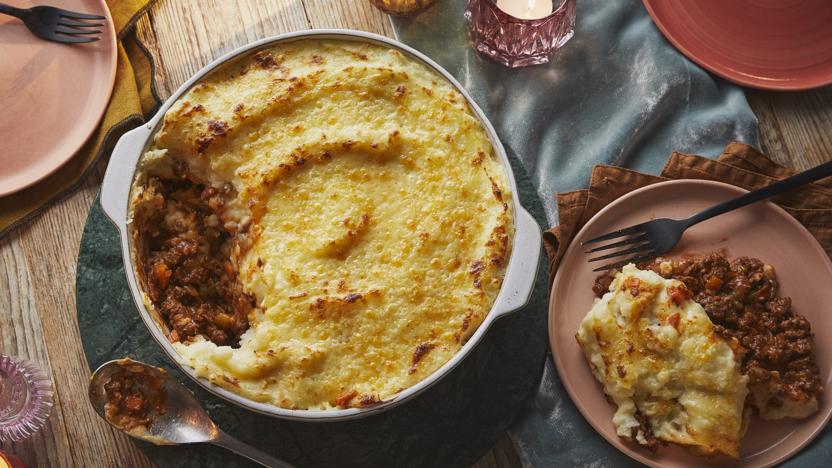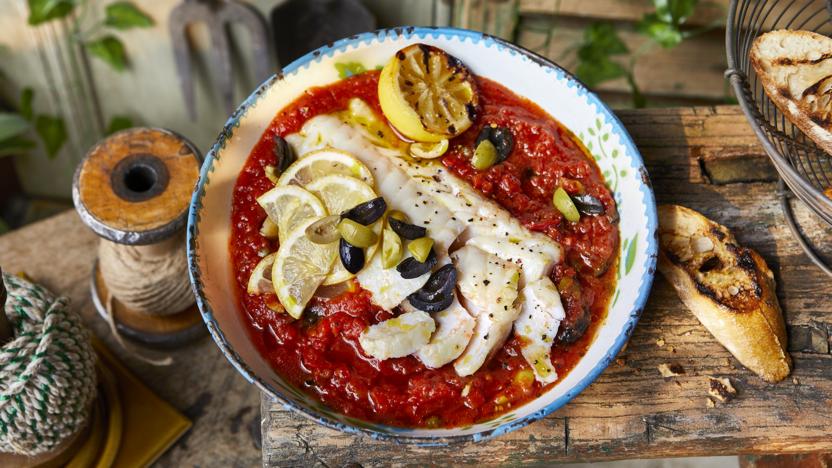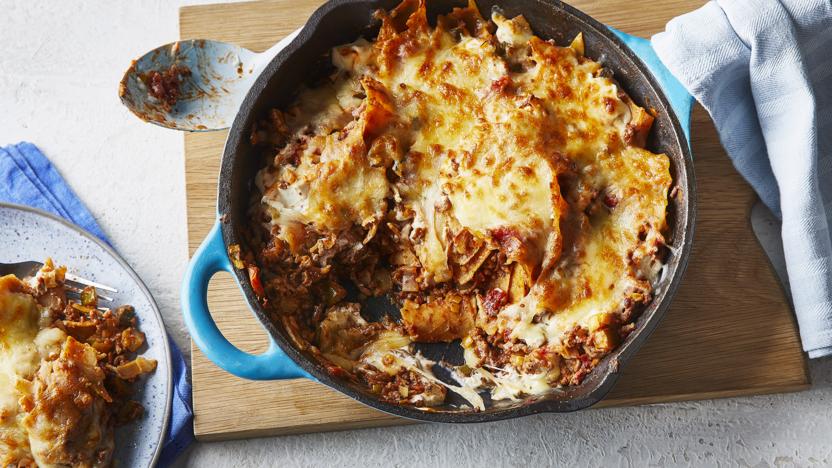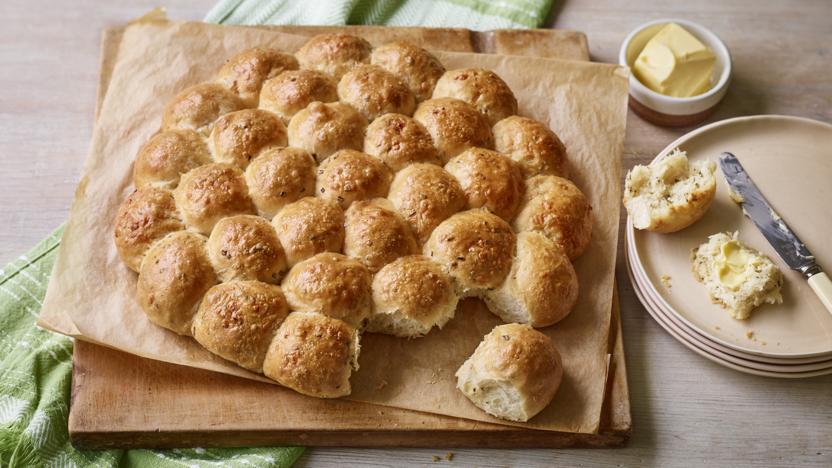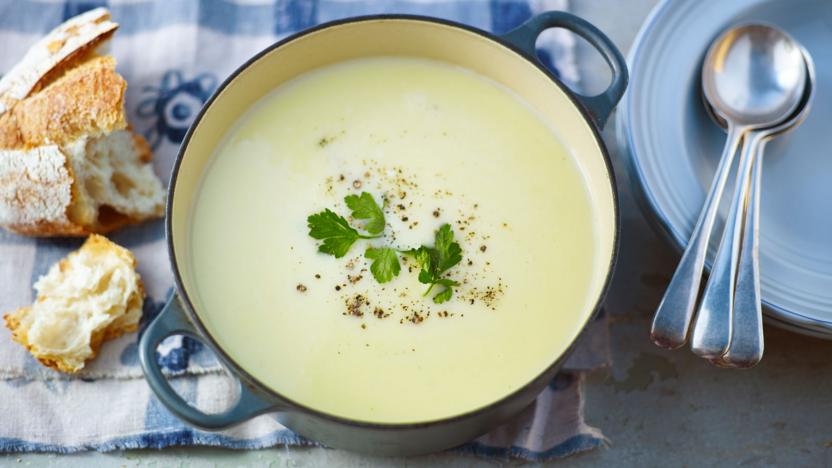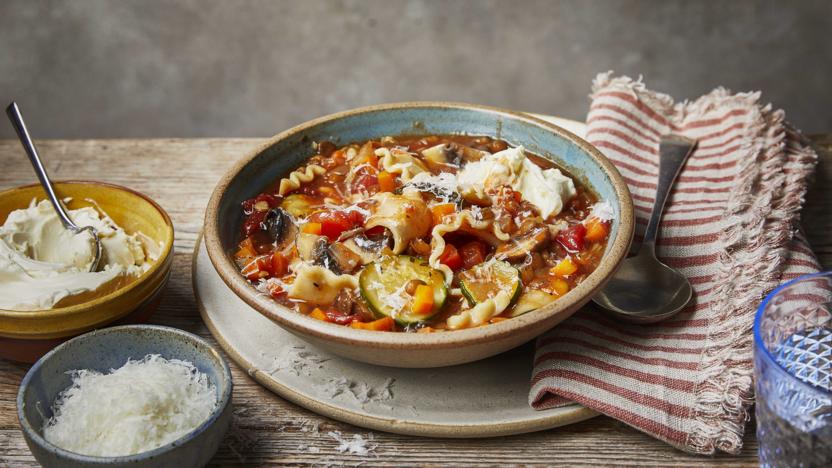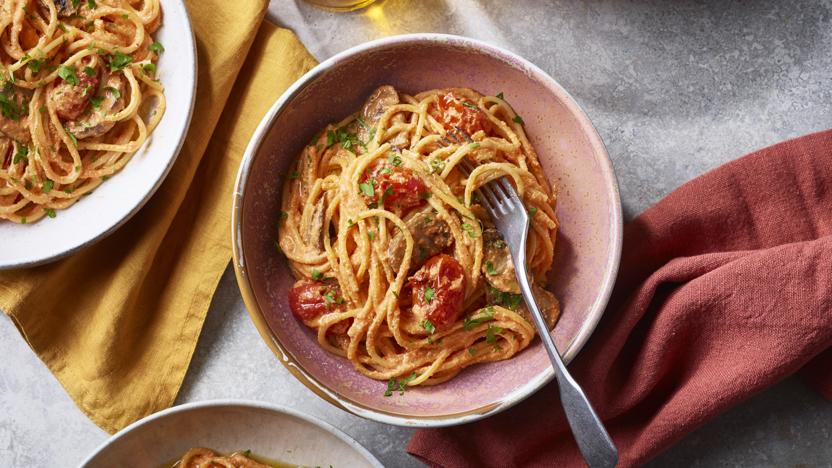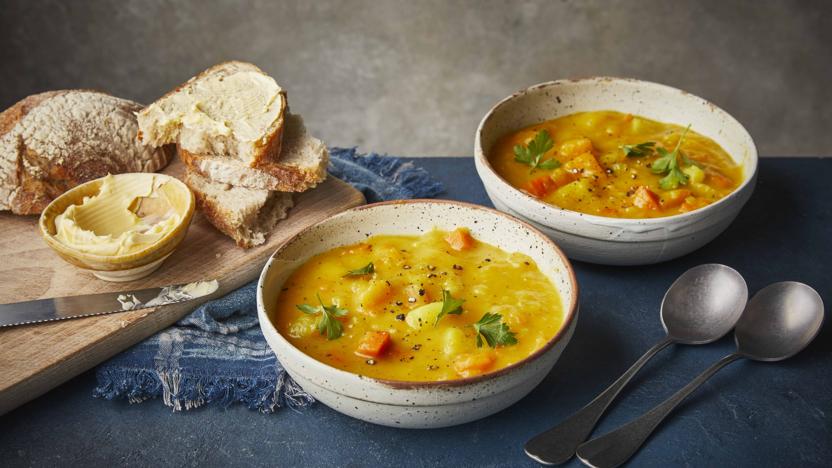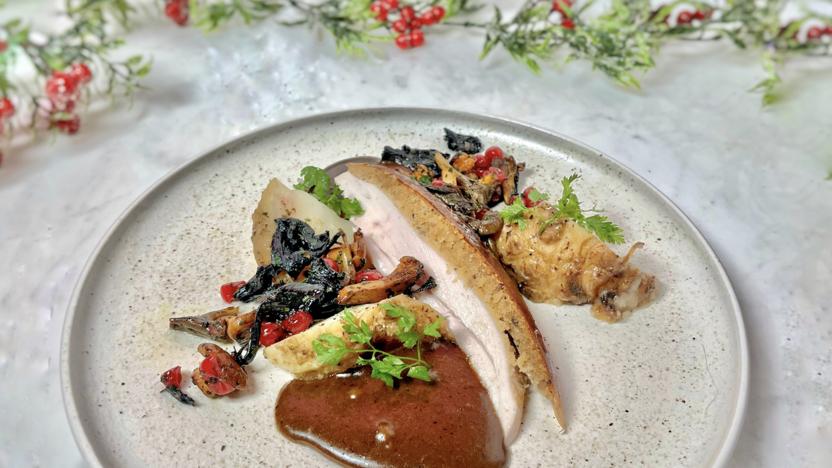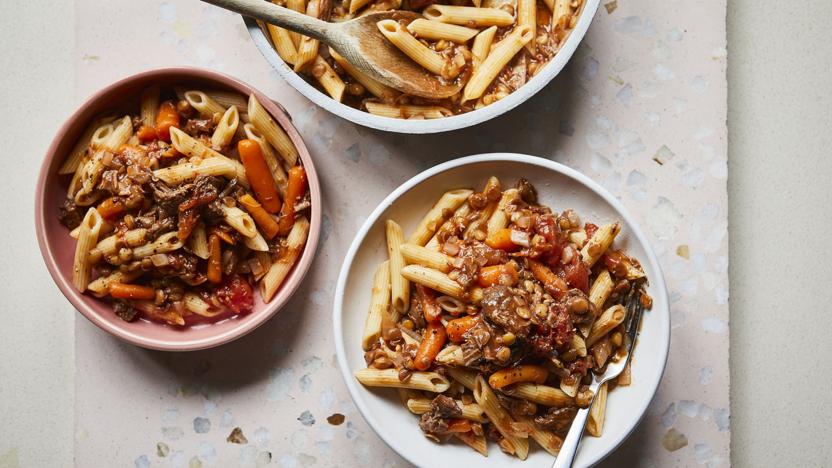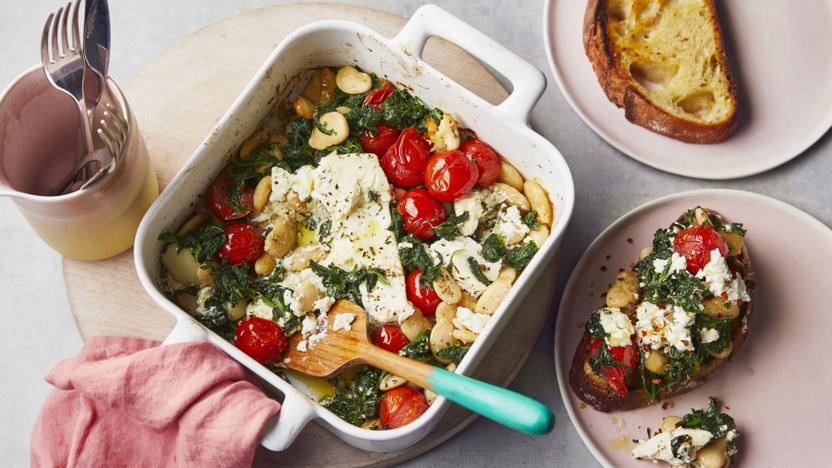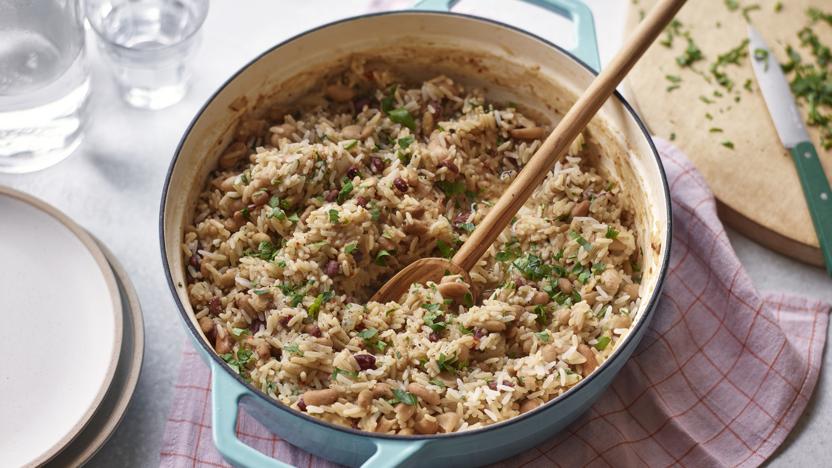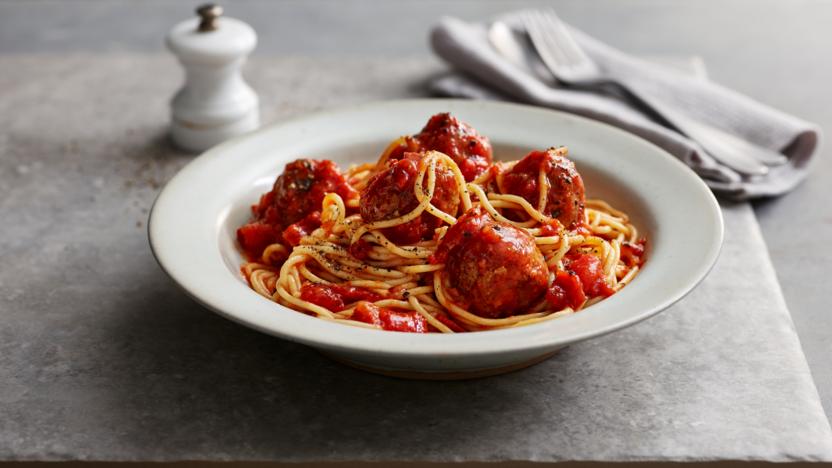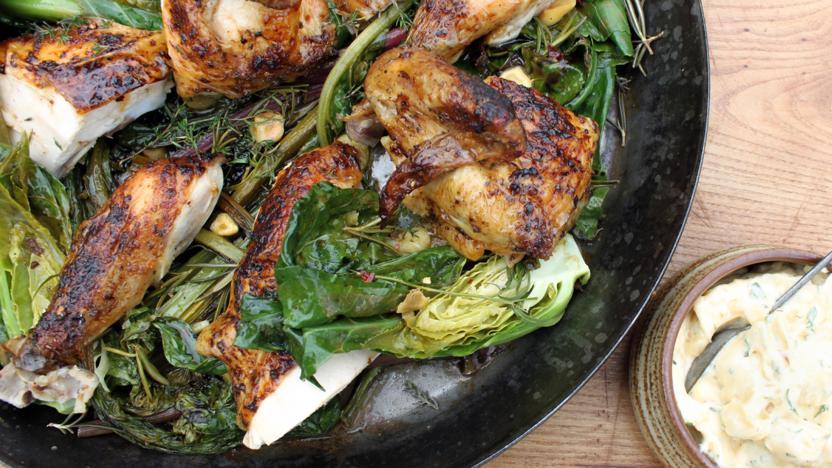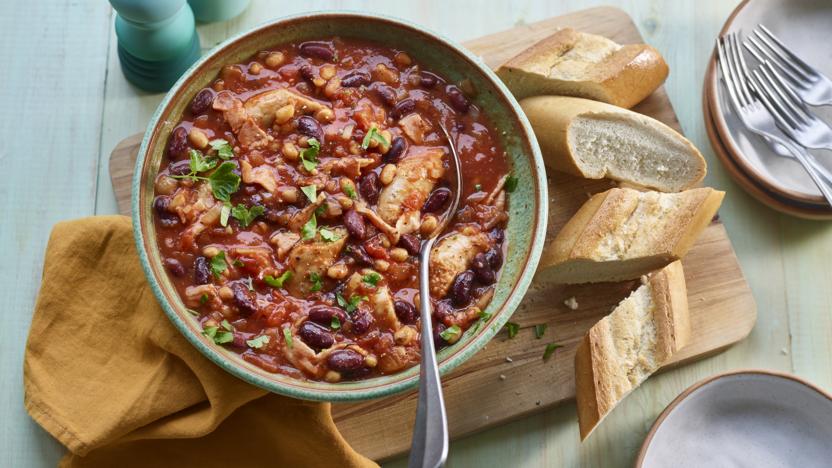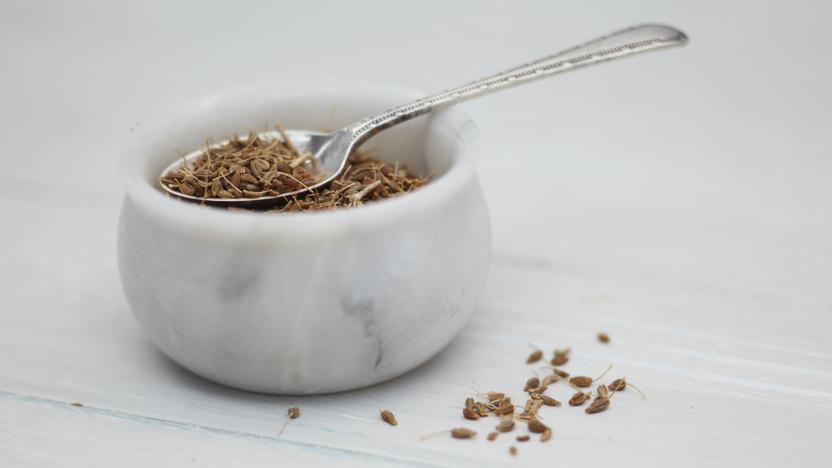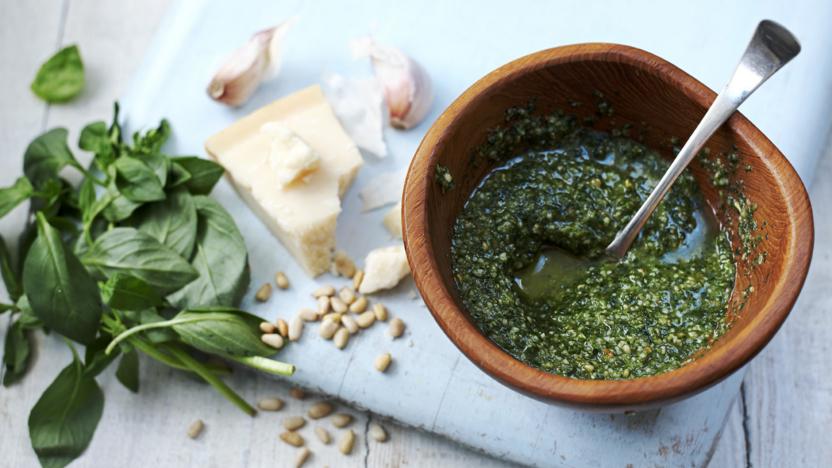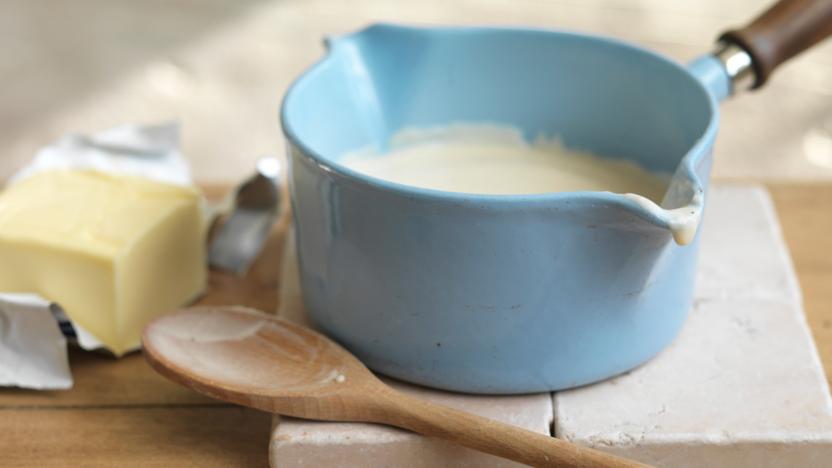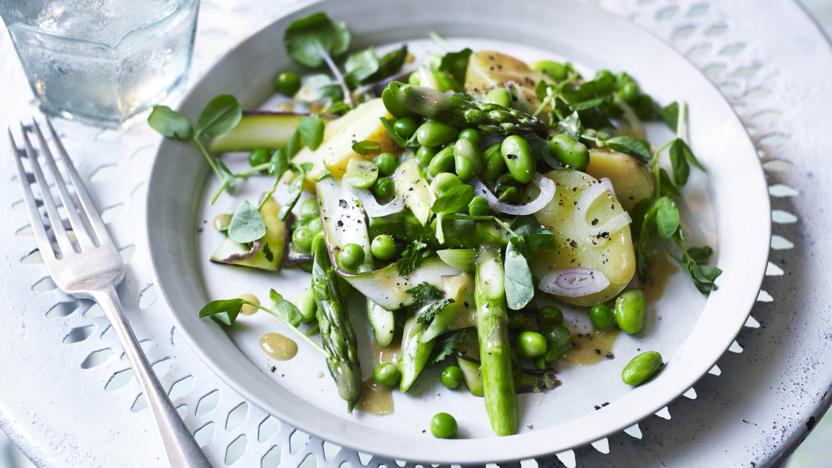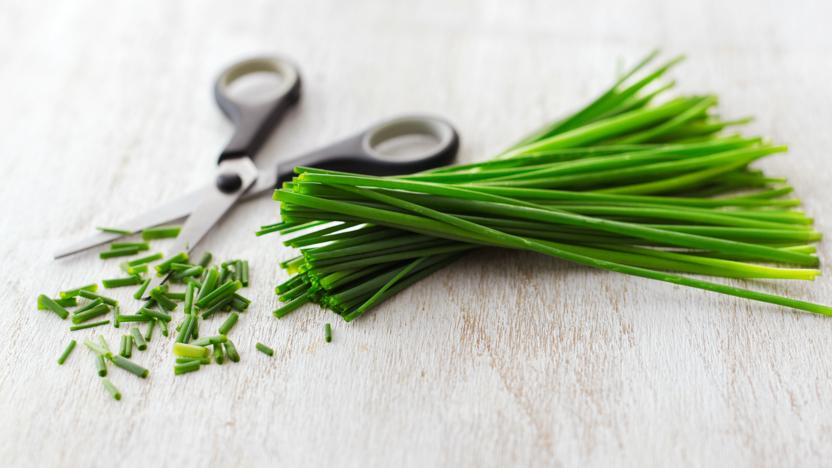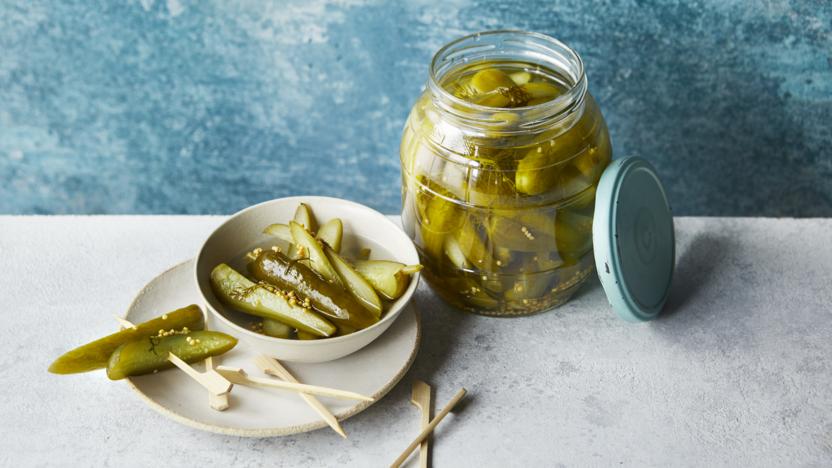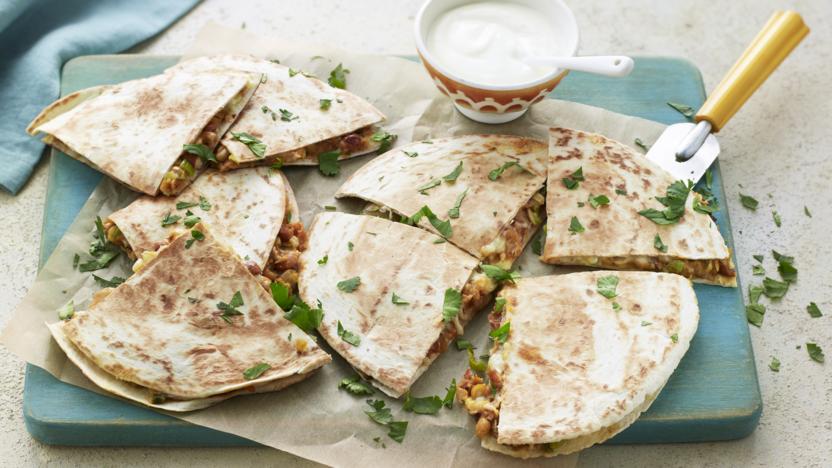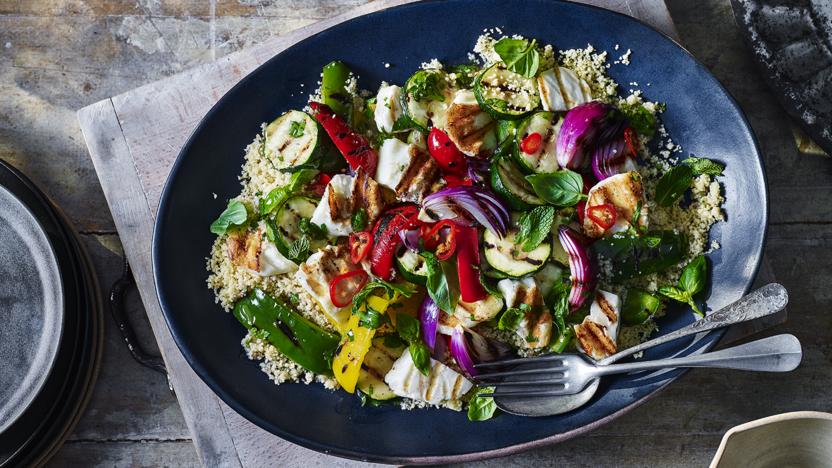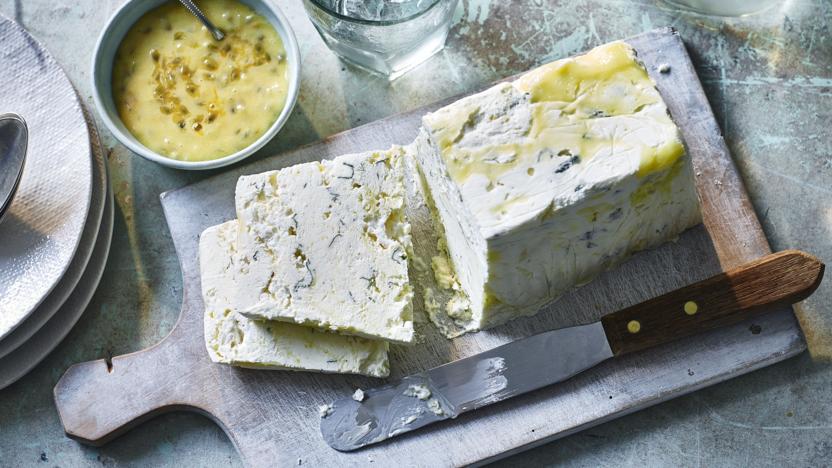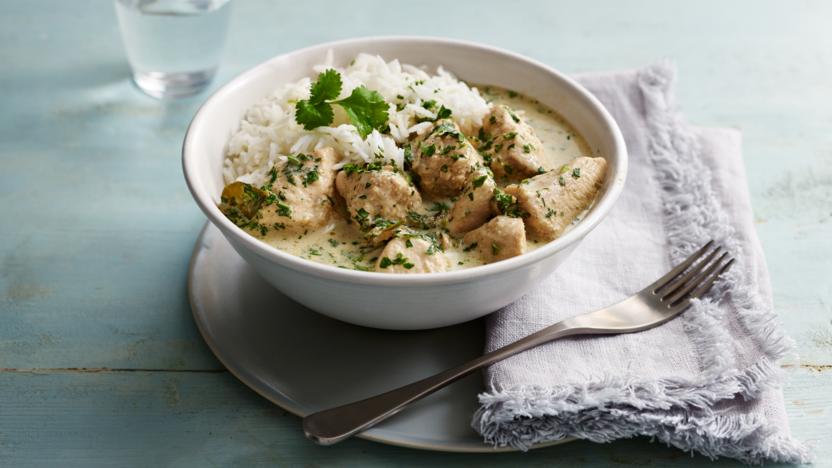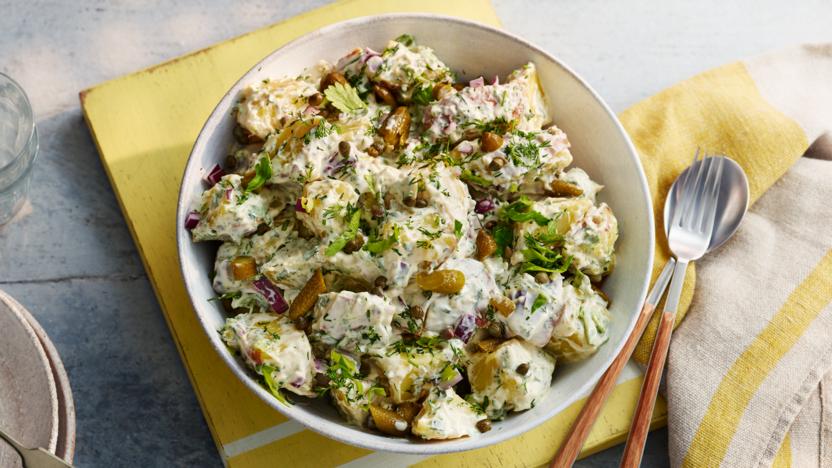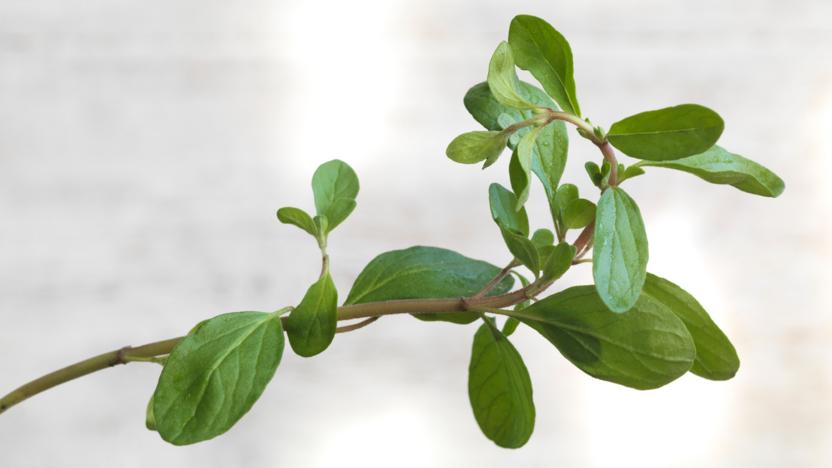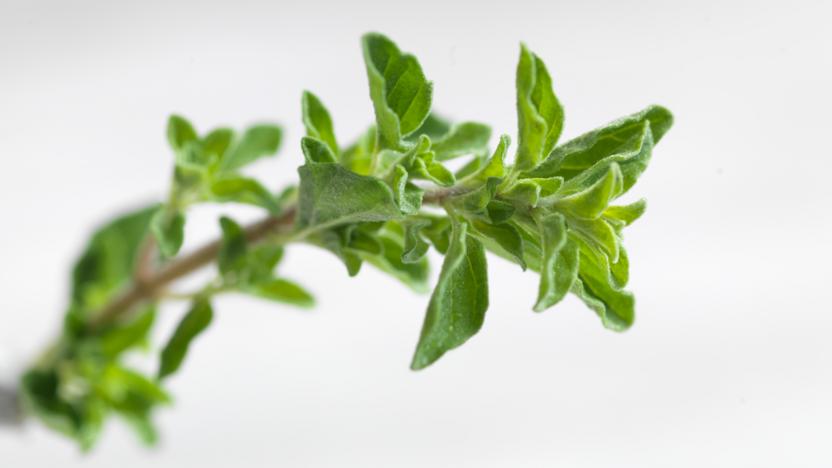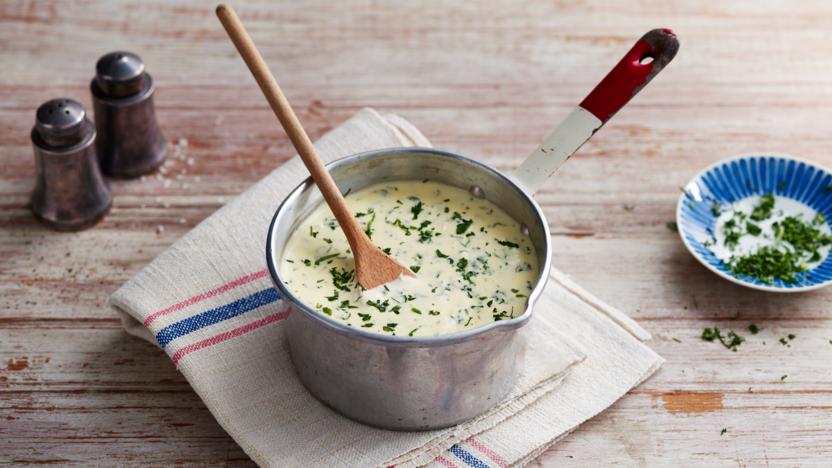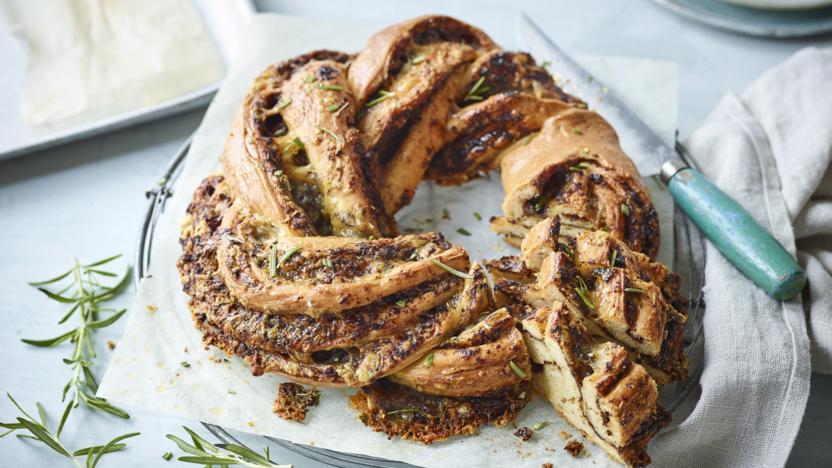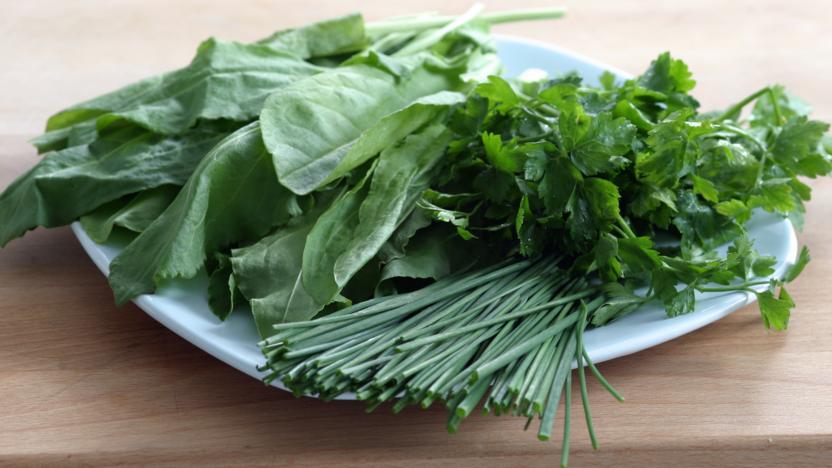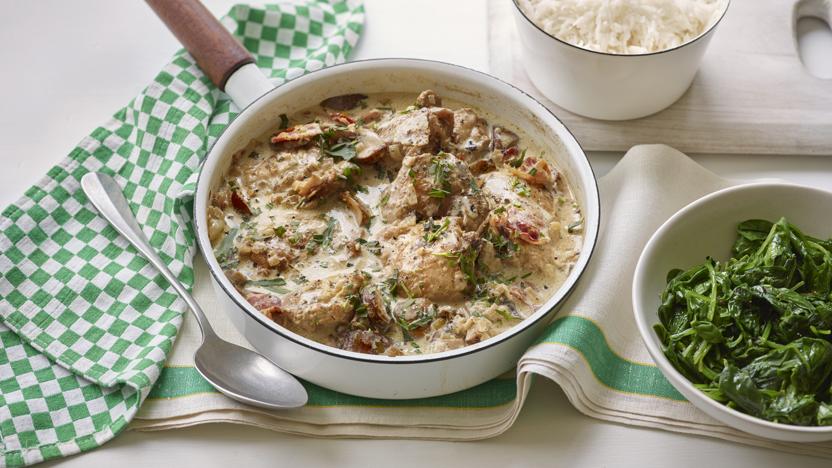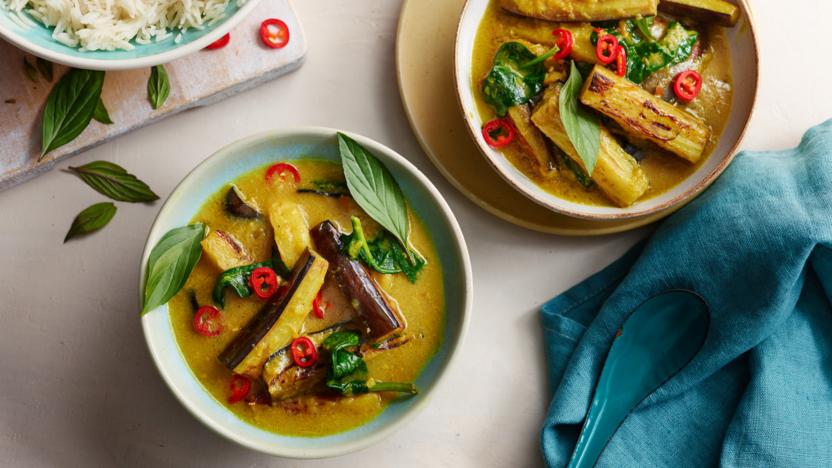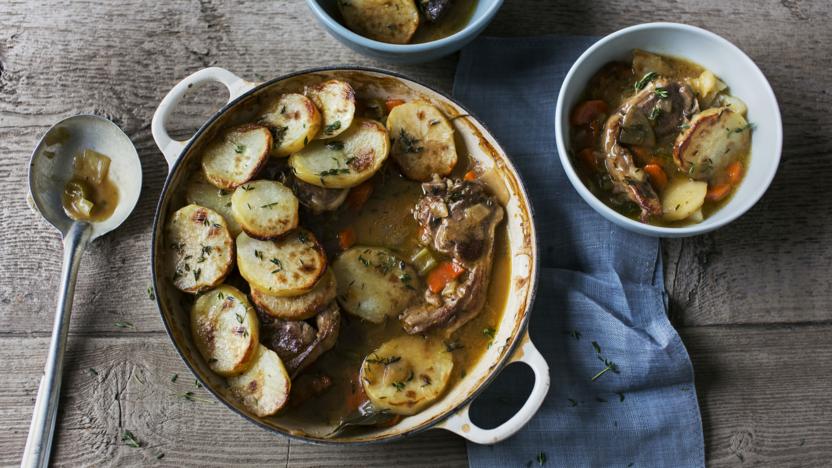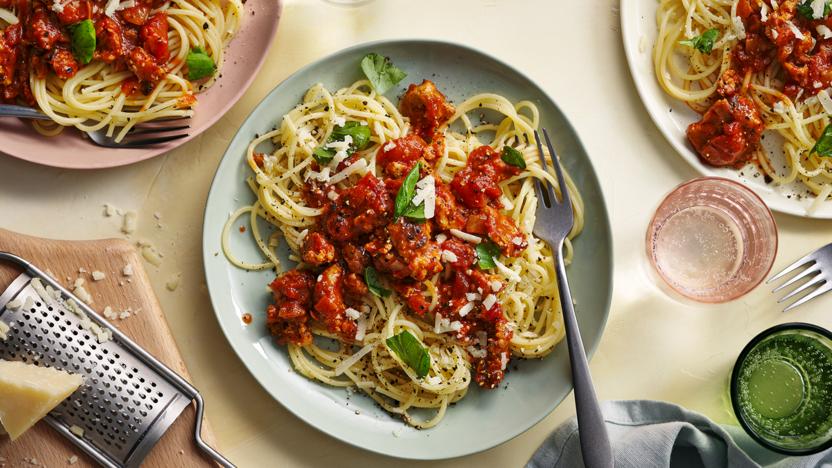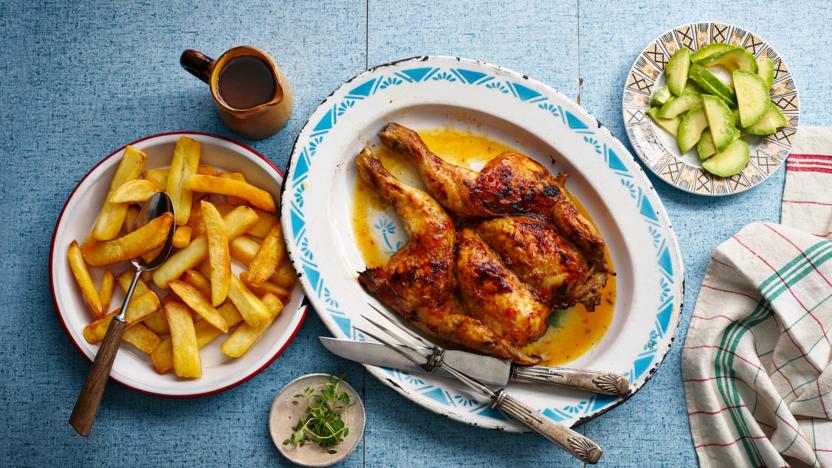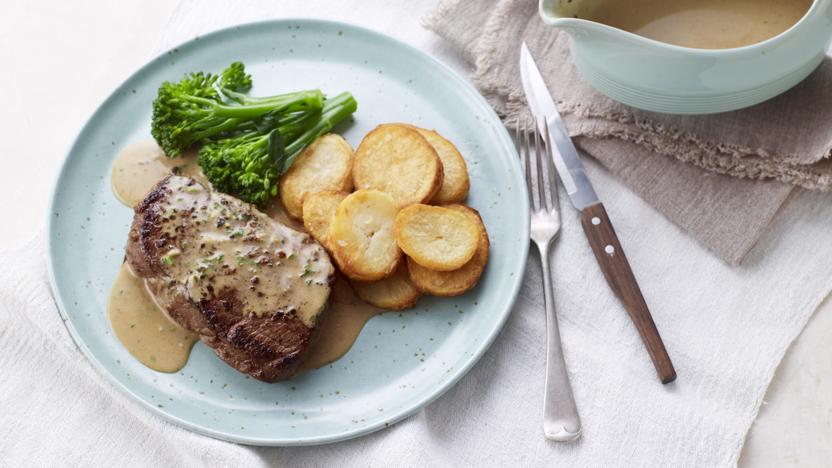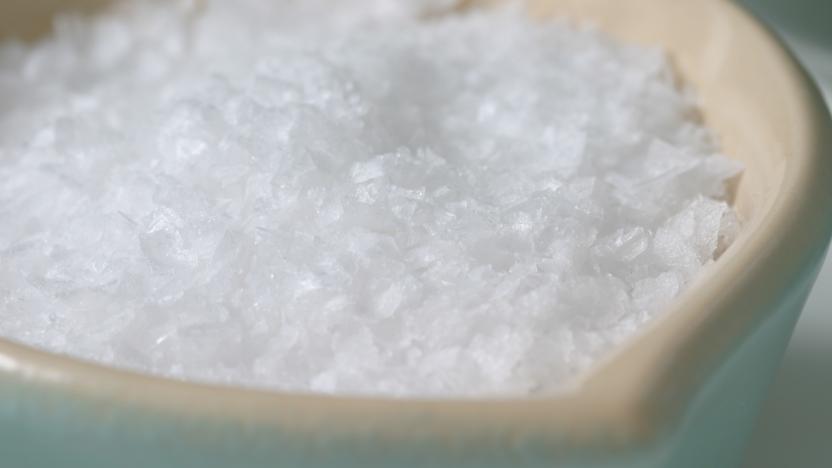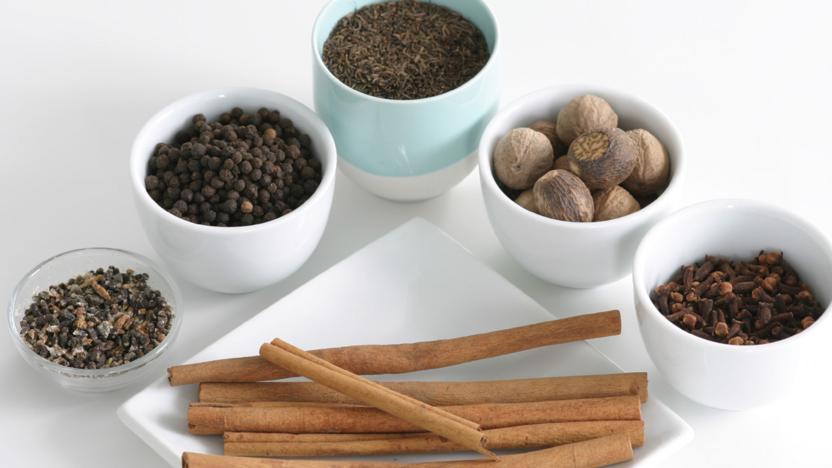Herbs recipes
Herbs are fragrant plants whose leaves (and sometimes stalks) are used in cooking to add flavour to dishes. Different cuisines rely on different varieties of herb, depending on which plants grow native or are cultivated in that country: for example, basil is synonymous with Italian food, while coriander is widely used in Indian and South-east Asian dishes. The leaves of many herbs can be dried and used as a substitute for fresh herbs, but the flavours will not usually be as pronounced. The seeds of some herbs, such as coriander, can be dried, ground and used as spices.
Buyer's guide
Supermarkets now sell a wide range of pre-cut and potted herbs. Pots of herbs last longer than cut herbs, but need to be cared for as houseplants. Speciality greengrocers often sell a wider range of herbs than supermarkets do. Look out, too, when you visit farmers' markets, for more unusual varieties of herb such as salad burnet, angelica, lovage, pennyroyal, and uncommon varieties of thyme, mint and sage.
Storage
While it's handy to keep a few dried herbs in the larder, most taste best fresh, and some (such as basil) have a disappointing flavour when dried. Make sure you renew jars and packets of dried herbs each year, as they stale quickly.
Cut herbs with short stalks should be wrapped in a plastic bag (left open, not sealed) or in a damp paper towel and kept in the fridge. Bunches of herbs with longer stalks can be treated like cut flowers: sit the base of the cut stalks in a tall jar or jug with a few centimeters of water in the bottom. Some robust herbs, such as curry leaves, lemongrass and kaffir lime leaves, can be stored whole in the freezer, wrapped in a freezer bag.
Potted herbs bought from the supermarket are best kept on a sunny windowsill with the soil regularly moistened. Alternatively, try planting them in a larger pot on a balcony: a good plant will then last you the rest of the season.
Preparation
Apart from herbs such as bay that are used whole, herbs are usually best prepared by picking the leaves from the stalks (although this is not always necessary), then chopping them as finely as desired with a chefs' knife or two-handled rocking knife (mezzaluna); alternatively, cut bunches of tender herbs such as chives into small pieces using kitchen scissors. Some tender herbs - particularly basil, tarragon and mint - bruise easily, a problem exacerbated by blunt kitchen knives. To prevent bruising and discolouration, avoid chopping these herbs finely and make sure you use a sharp knife. Alternatively, add the whole leaves to dishes, or tear them into small pieces with your fingers.
The volatile oils that give flavour and fragrance to the tenderest herbs dissipate quickly after exposure to heat, so it's best to add them to dishes towards the end of cooking, or just before serving. However, more robust herbs such as bay, sage, rosemary and common thyme are best when given time to meld with the other ingredients in the dish, so should be added during cooking. Tender herbs - such as basil, chervil, chives, coriander, dill, mint, parsley, tarragon - can also be used raw and make delicious salad ingredients.

